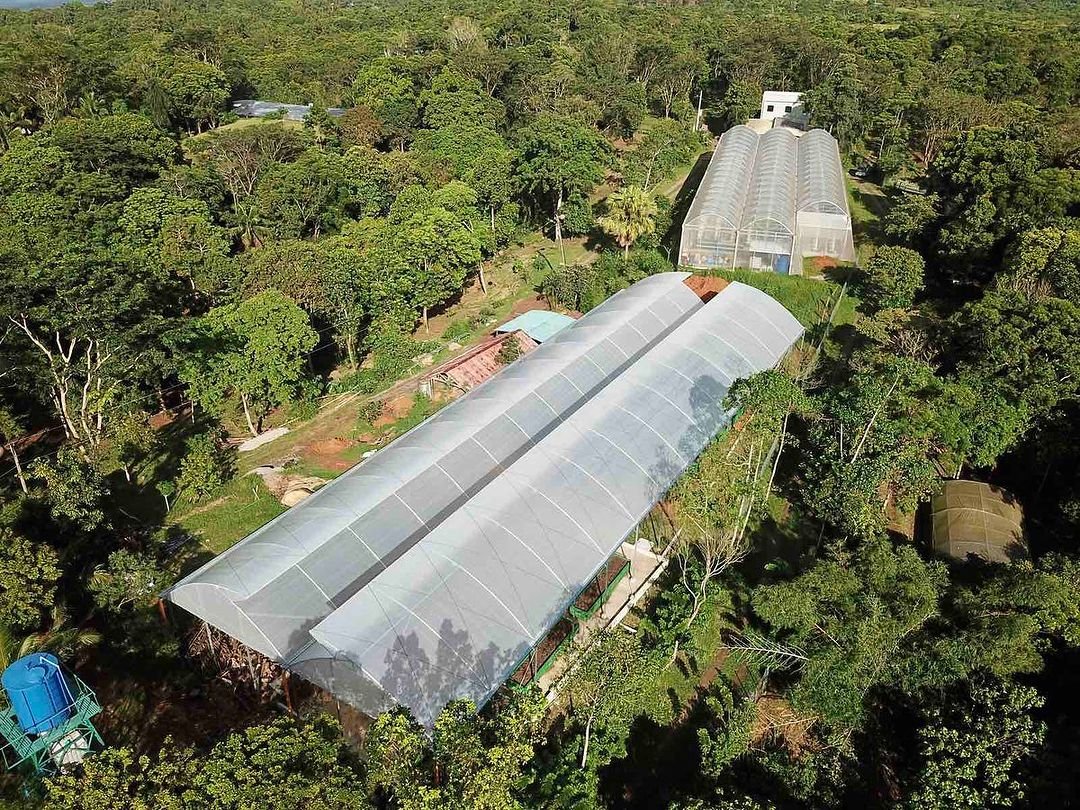Vertical farming innovation for Philippines' urban agriculture
Angie Mead is transforming the landscape of urban farming in the Philippines through innovation, education, and a relentless passion for sustainable agriculture. A hotel and restaurant management graduate with a penchant for cars and racing, Angie's journey into farming is as unconventional as it is inspiring. Balancing the fast-paced thrills of her hobbies with the slow, nurturing process of farming, she brings a unique perspective to agriculture, viewing it through a lens of efficiency and modernity.
From soil health to tower farming
Angie's foray into farming began in 2016 when she discovered that the soil on her family's land was severely unhealthy. Determined to know where her food comes from and ensure it is free from pesticides, she embarked on a mission to find a sustainable solution. This led her to explore various farming systems capable of producing vegetables year-round. Ultimately, she adopted tower farming, partnering with a U.S.-based tower farm garden supplier known for their responsiveness, scalability, and willingness to provide hands-on training.
While tower farming has become a hallmark of her operations, Angie hasn't abandoned traditional methods. She integrates soil farming techniques such as vermiculture, vermicomposting, and the use of effective microorganisms to enrich the soil. Her farm produces its own compost and has experimented with biochar to improve soil health. Additionally, she delves into aquaponics and manages a 25-acre bamboo plantation aimed at carbon capture and contributing to the carbon credits market.
Redesigning systems for better efficiency in farming
Angie's innovative spirit shines in her approach to improving farming systems. She has enhanced the efficiency of her tower farms by centralizing pump systems and developing a central drip system. This allows for the redistribution of nutrients to accommodate the diverse needs of the multiple crops she grows, which include more than just lettuce. Her supplier initially doubted the feasibility of these modifications, but Angie proved that with creativity and determination, traditional limitations can be overcome.
Understanding the challenges posed by climate change, Angie continuously adapts her farming practices. She notes that as temperatures rise to 38–40 degrees Celsius, plants become heat-stressed and less productive. To combat this, she has redesigned her greenhouse multiple times to improve cooling efficiency, ensuring that her crops can thrive despite the changing climate.
Making farming accessible to educate the next generation
Education is a cornerstone of Angie's mission. Recognizing the importance of engaging the younger generation, she strives to educate and entertain simultaneously, making farming accessible and interesting. Although biosecurity concerns limit farm visits, she leverages social media and online platforms to share her knowledge. She has spoken at agricultural schools and conferences, teaching topics like hugelkultur beds, soil nutrition, and home gardening techniques. Her goal is to demystify farming and encourage others to experiment and find success in growing their own food.
In her quest to make healthy eating more accessible, Angie promotes the use of sprouting jars. These simple devices allow anyone, even those without a green thumb or ample space, to grow nutrient-rich sprouts in just five to seven days without soil or sunlight. By importing jars and seeds, she offers a practical solution for people to incorporate fresh vegetables into their diets affordably.
Love given and received for the urban farming community
Angie's has a collaborative spirit and actively connects with other urban farmers in the Philippines, fostering a community of innovation and support. Whether it's indoor mushroom growers or soil-based urban farms supported by city initiatives, she believes in the power of shared knowledge to drive the urban farming movement forward.
Angie is eager to expand her horizons by engaging with international urban farming communities. She is open to learning new techniques, technologies, and sustainable practices that can enhance her farm's productivity and environmental impact.
She offers her wealth of experience in vertical farming, efficient system design, and educational outreach. By sharing her successes and challenges, Angie hopes to inspire others and contribute to a global conversation on sustainable urban agriculture.
Looking for a small and mighty community that helps you address urban farming challenges?



